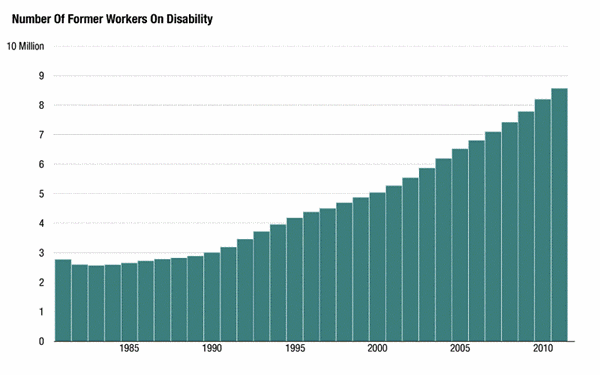A summary of this Slate Star Codex post 👇slatestarcodex.com/2018/02/19/tec…
Every time we get technological progress, either machines augment human workers or they expand industries so that they can employ more workers (e.g. ATMs meant more bank tellers)
AKA lump of labor fallacy:
Here's that argument and counters to it:
Automation & globalization contribute to short-term unemployment but there's no reason to believe that it is permanent.
Maybe it's the more miserable your work is, and the more decent options you have available to you (in terms of gov't support), the more likely you are to leave work.
The highest-paying jobs are doing fine. The lowest-paying jobs are also doing fine.
It's the middle class jobs that are in trouble (e.g manufacturing, administrative positions)
So when they get automated, they get lower paying jobs.
Machines can't be CEOS. They also can't deliver pizza or do personal care.
But they can proofread, translate, drive trucks, etc.
A combination of factors:
"Today's robots are better than yesterday's Rolexes"
Our education system has been worse at adapting & retraining ppl
We haven't had enough technological progress.
No evidence of tech unemployment, but there might be potential underemployment (robots taking middle-skill jobs & pushing people into lower-skill jobs, or out of labor force entirely)
Usually there is an adjustment, but it takes time (& better gov't and ed policy).





